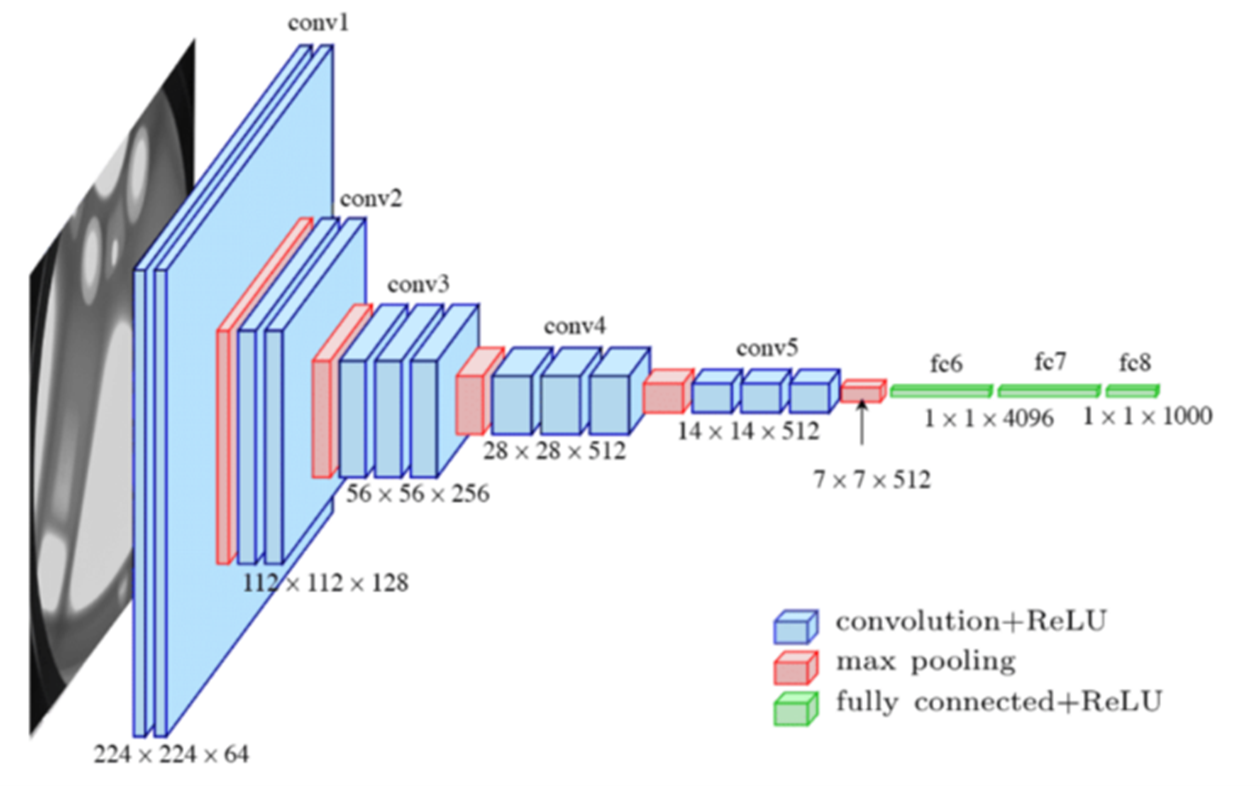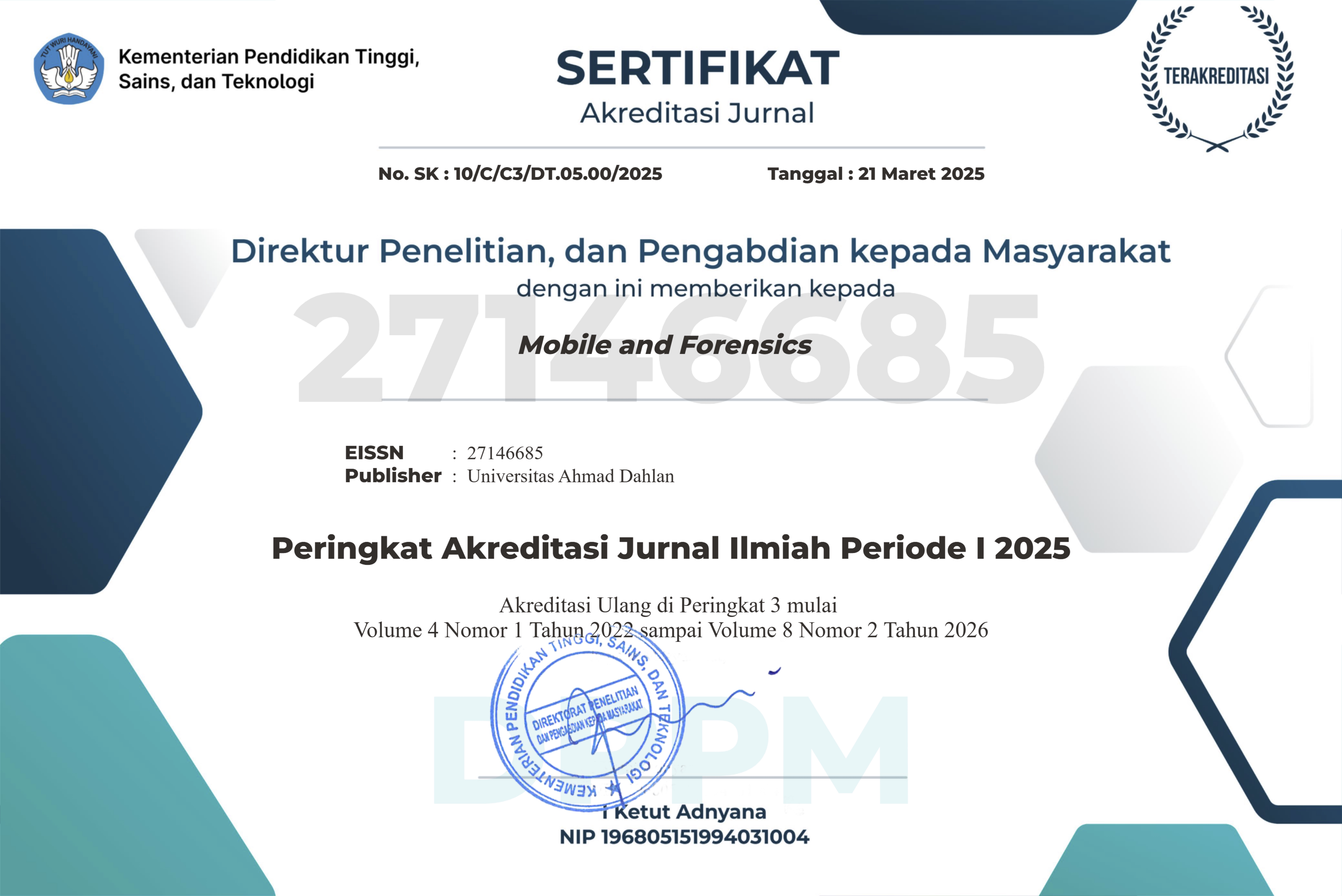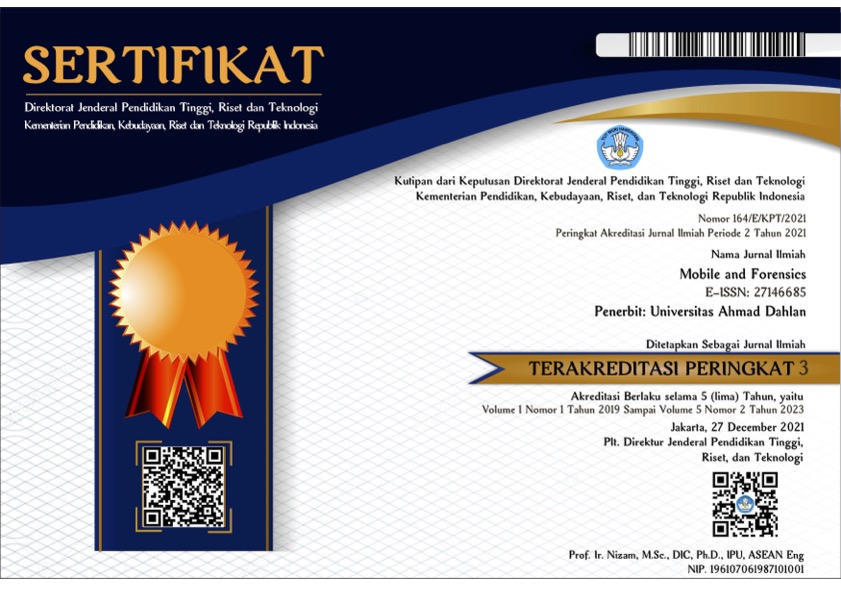Convolutional Neural Network on Brain Concentration and Art of Reading the Qur'an
DOI:
https://doi.org/10.12928/mf.v4i2.5836Abstract
In Islam there is a belief that reading the Qur'an can increase one's concentration power in doing something. Concentration can be influenced by several factors, to be able to identify or characterize individuals, it is necessary to measure brain wave activity. Brain waves are one of the biometric properties that can be used to identify individuals based on their physical. An electroencephalogram (EEG) can be used to measure and capture brain wave activity. To be able to naturally record brain wave activity requires constant and emergent brain activity. The activities needed are in the form of giving assignments to get the thinking process and concentration needed for the Basic Cognitive Test. The object of this research is the students of the University in Yogyakarta. EEG data recording was carried out in two stages, the first stage the respondents were given 10 minutes to work on the test questions without reading the Qur'an before working on the questions, the second stage the respondents were given 10 minutes to work on the test questions by reading the Qur'an before doing the work. about. When the respondent was working on the test, the researcher recorded the EEG signal using Neurosky Mindwave Mobile 2, so that the data in the form of brain signals was obtained. The data acquisition will undergo a preprocessing process in the form of a domain transformation signal using Fast Fourier Transform (FFT). Then enter the labeling process and after that the next process will be carried out the classification process using the CNN algorithm. The results of this study showed that 10 of 30 students' concentration levels experienced an increase, with an accuracy rate of 85% and a significant F test is 0.002

Downloads
Published
Issue
Section
License
Copyright (c) 2022 Ahmad Azhari, Muhammad Riyadhi, Dimas Chaerul Ekty Saputra

This work is licensed under a Creative Commons Attribution-ShareAlike 4.0 International License.
Start from 2019 issues, authors who publish with JURNAL MOBILE AND FORENSICS agree to the following terms:
- Authors retain copyright and grant the journal right of first publication with the work simultaneously licensed under a Creative Commons Attribution License (CC BY-SA 4.0) that allows others to share the work with an acknowledgment of the work's authorship and initial publication in this journal.
- Authors are able to enter into separate, additional contractual arrangements for the non-exclusive distribution of the journal's published version of the work (e.g., post it to an institutional repository or publish it in a book), with an acknowledgment of its initial publication in this journal.
- Authors are permitted and encouraged to post their work online (e.g., in institutional repositories or on their website) prior to and during the submission process, as it can lead to productive exchanges, as well as earlier and greater citation of published work.

This work is licensed under a Creative Commons Attribution-ShareAlike 4.0 International License.












 Mobile and Forensics (MF)
Mobile and Forensics (MF)